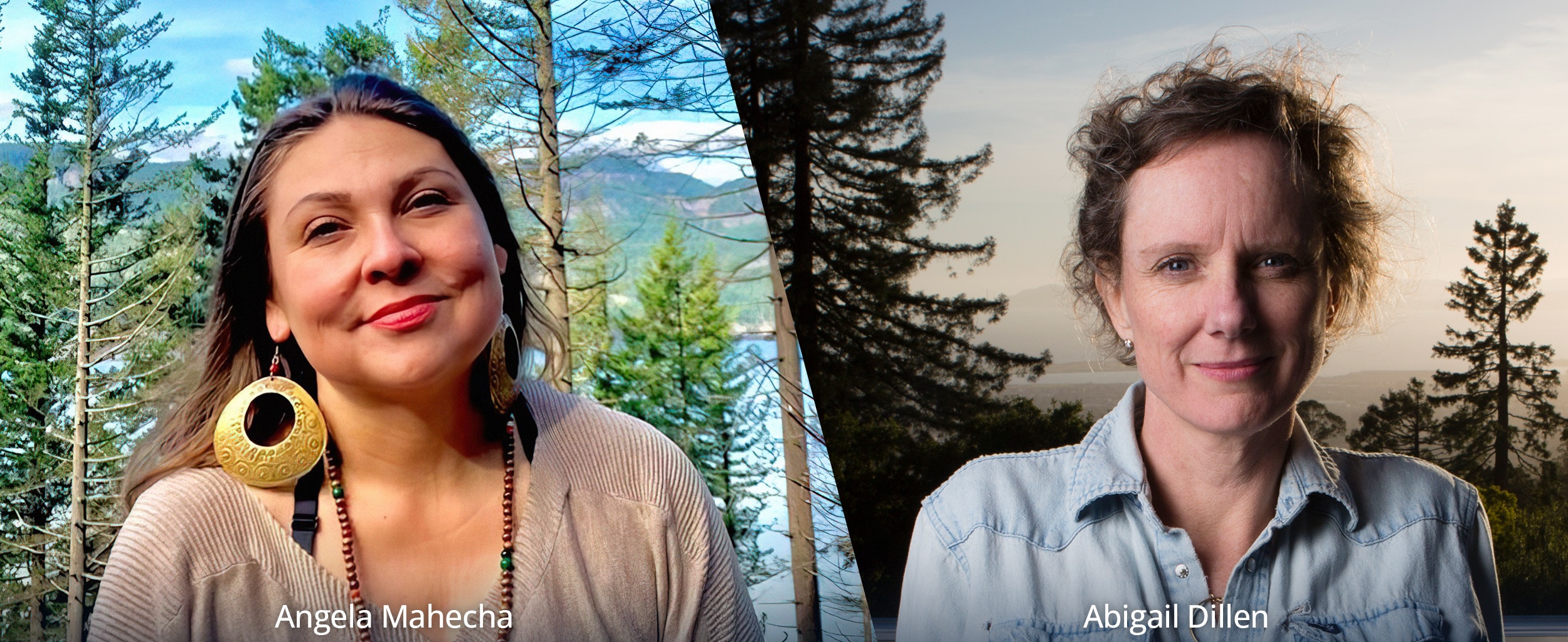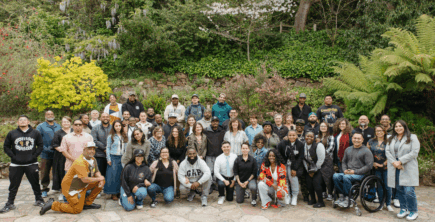
LGBT

During Climate Week NYC 2022, Tides Foundation launched its first climate justice gathering for our donor partners in support of strengthening the power of social movement leaders. We brought together Earthjustice President Abigail Dillen and Angela Mahecha, program director at the Tishman Environment and Design Center, in conversation with Kimberly Middleton, our new program officer for climate initiatives. They discussed the impact of the Environmental Justice for All Act (EJA), Inflation Reduction Act (IRA), and how environmental racism is driving policy.

“Why is it that even with the most stringent, environmental, regulatory framework in the world, do we still have thousands of communities that are so unhealthy that your zip code defines your life span?” said Dillen, who discussed how the EJA is essential to tackling environmental racism and understanding why our policies have failed at building out clean energy infrastructure quickly.
According to Dillen, the EJA will allow clean energy developers to get buy-in from tribal communities and other frontline communities by helping them understand what is important at the local level through upfront consultation. “If we want to build something big in this country [referring to clean energy infrastructure], then we need to go and be in community.”
Dillen and Mahecha encouraged everyone to read the legislation in full, which they jokingly added is not something they typically recommend. “It’s legislation where you can see the vision, and it reflects years of input with community leaders,” Dillen said.
Why is it that even with the most stringent, environmental, regulatory framework in the world, do we still have thousands of communities that are so unhealthy that your zip code defines your life span?
The environmental justice leaders also drove home the point that, even though clean energy incentives were included in the IRA, the country is still in the middle of a fossil fuels boom with a lot of new infrastructure being proposed, especially in marginalized communities. In fact, they highlighted that the IRA could, in fact, make the boom bigger because of the incentives that the plan offers.
“The IRA is not self-executing,” Dillen said. “It creates incredible opportunities for a whole bunch of industries, including the fossil fuel industry. Our job now is to focus on how we get the funds to where they need to go and advance a clean economy. We need to be driving forward solutions starting in community and rippling outward. It’s not all going to come from the federal government.”
Mahecha agreed, saying, “Frontline communities say this is not a climate bill. Because if you’re expecting a reduction of emissions and looking for a model that creates health and wealth in your community, it won’t come from the IRA. It’s not going to immediately translate to communities.”
The key, she added, is to see the connections between what is possible at the federal level and what happens at the local level, and make sure what is written can actually be implemented. “We need to build the tissue of a more powerful movement to deliver the change required in a short time frame.”
According to Dillen and Mahecha, even with the passage of the IRA, it’s going to take enormous work to influence decisions about energy infrastructure and set new norms in the future. The challenge will be made all the more difficult because there’s a huge flow of money coming down the pike for the fossil fuel industry and green initiatives. That’s why managing that flow responsibly and centering equity should be top priorities to advance the climate justice movement.

According to the speakers, while the IRA is promising, it isn’t an immediate and fast fix. It’s a 10-year, massive new energy infrastructure plan. The fossil fuel industry will fight for as much of those resources as possible. It’s an existential issue for the industry. Those in power are not going to give an inch when it comes to an entirely new way of powering our society. Philanthropy needs to double down and invest for the long haul, especially in key communities who will be on the frontlines of these battles for years to come.
Dillen said, “We are never going to get where we need to go without resourcing people who are at the front lines, who understand the problems and can see the solutions. There is no national set of groups who can create deep change on the ground. That’s what we need now.”
We encourage you to learn more about how Earthjustice and the Tishman Environmental and Design Center are advancing environmental justice through bold design, policy, and legal approaches.

LGBT

Corporate Partners

Philanthropy

Read the stories and hear the voices of social change leaders fighting for justice.